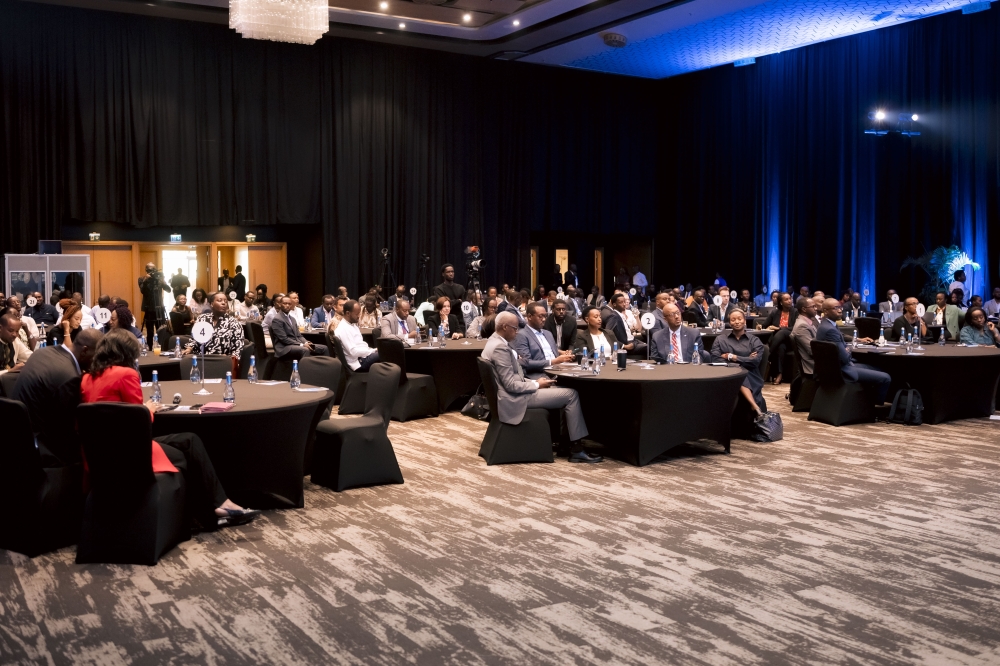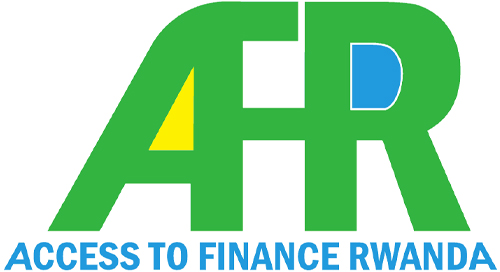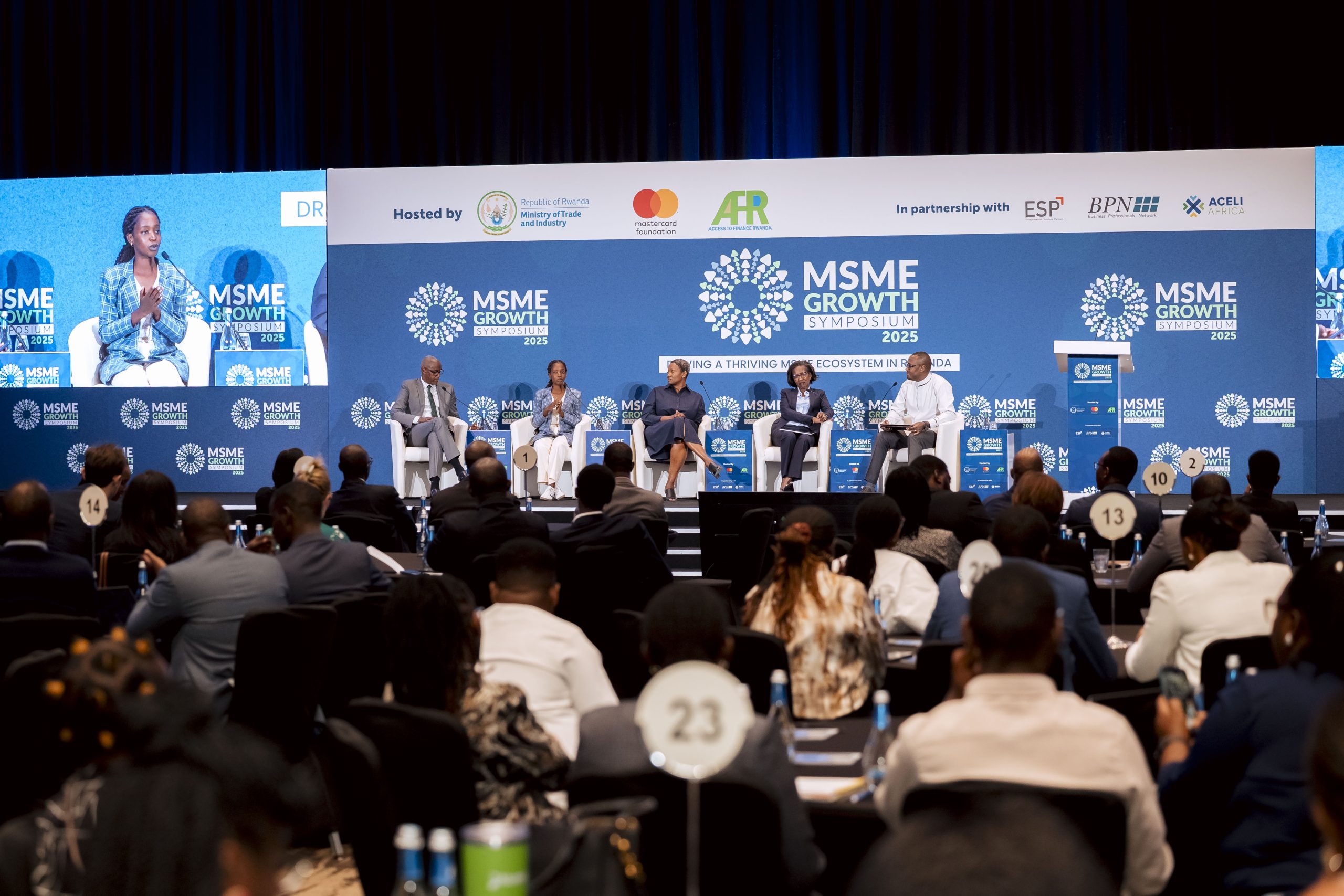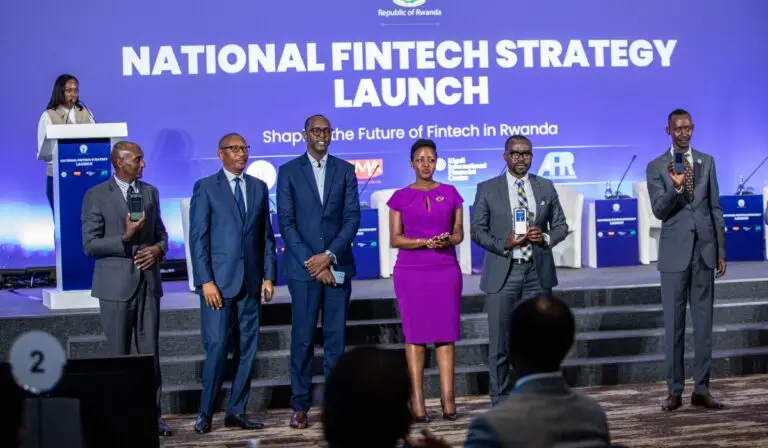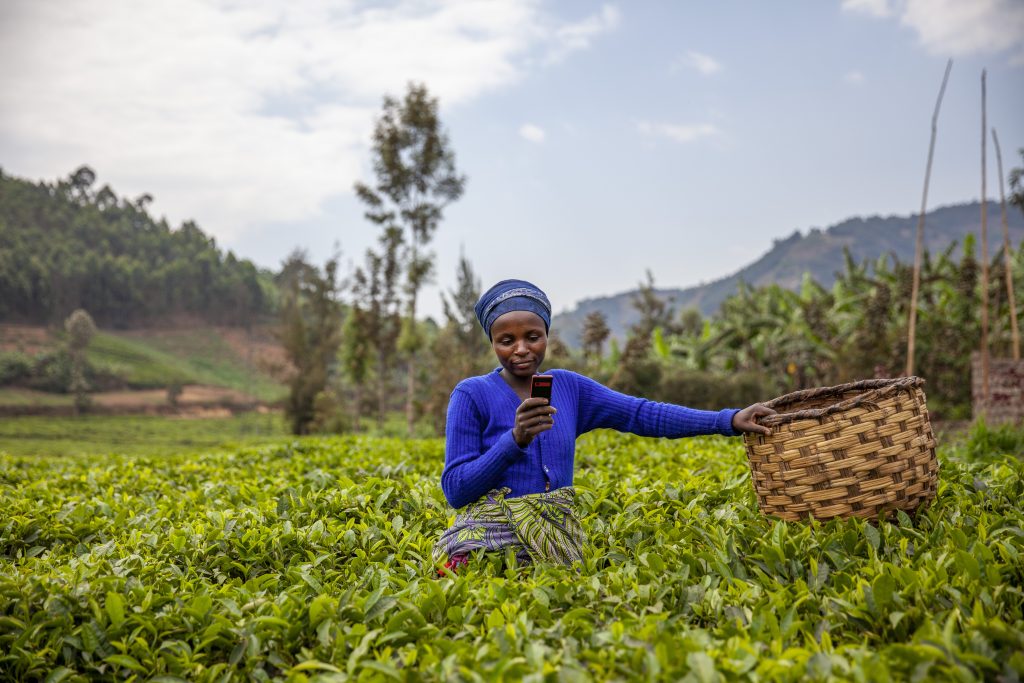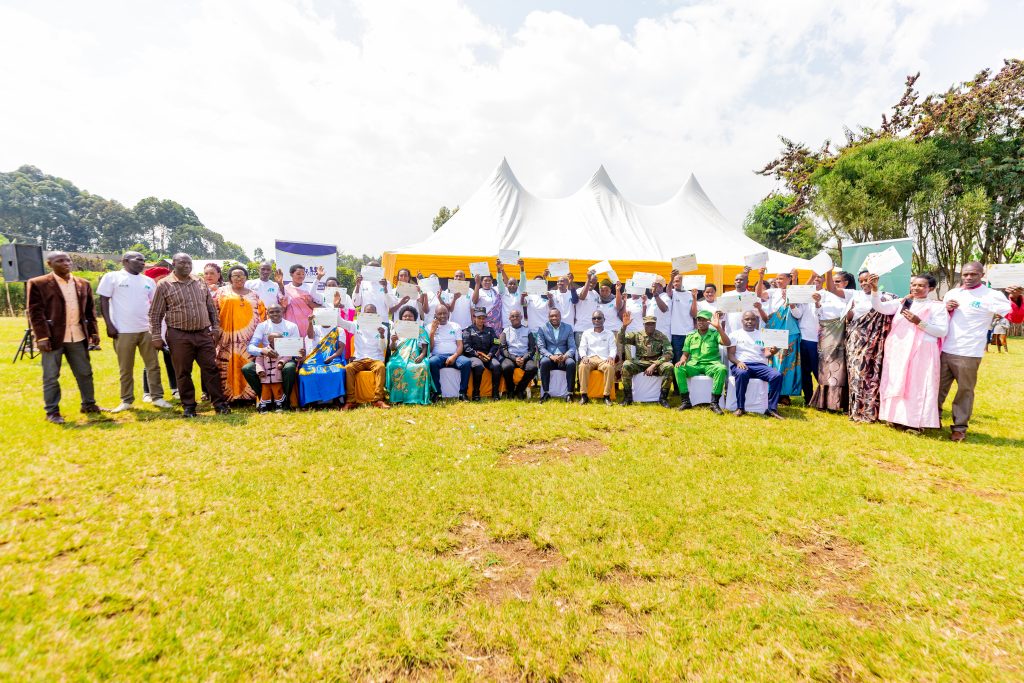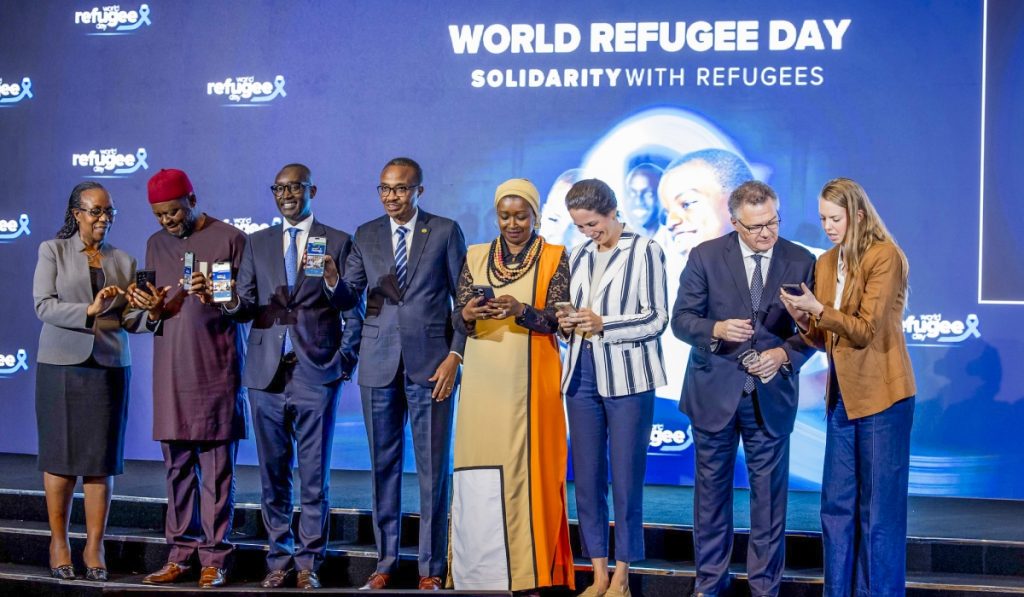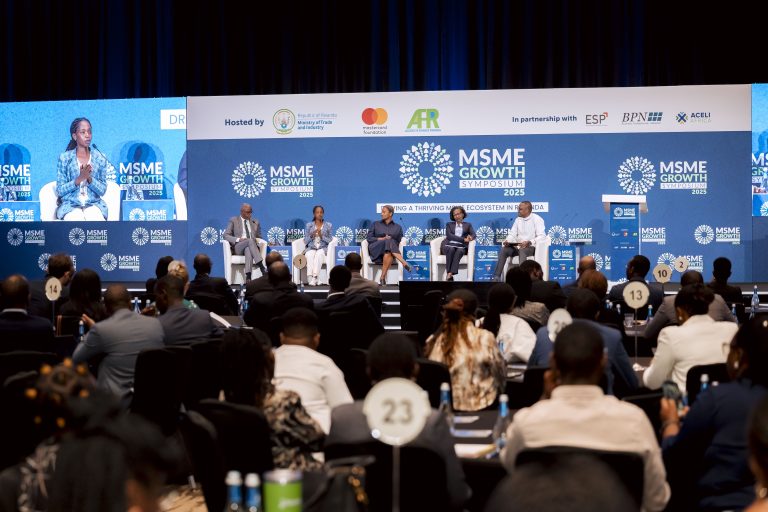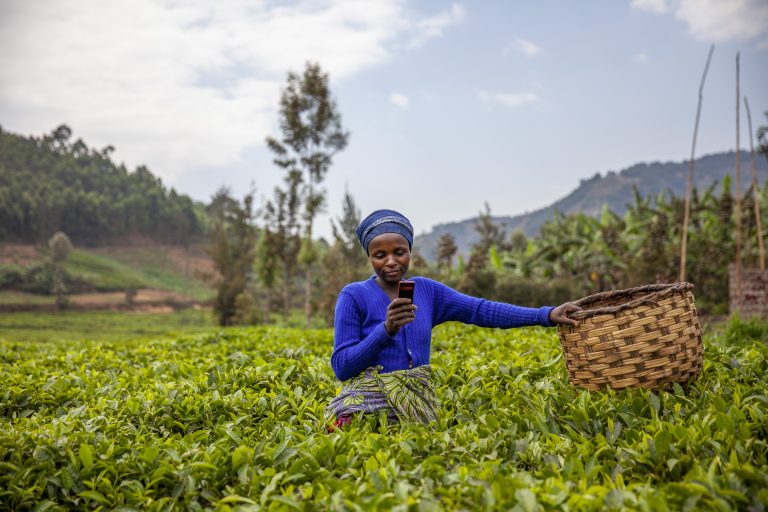Access to Finance Rwanda (AFR), in collaboration with the Government of Rwanda through the Ministry of Trade and Industry (MINICOM) and the Mastercard Foundation launched the inaugural Micro, Small, and Medium Enterprises (MSME) Growth Symposium, a landmark gathering aiming to address challenges facing Rwanda’s MSMEs, while unlocking pathways for growth and resilience.
Held on Thursday, October 2, under the theme “Driving a thriving entrepreneurship ecosystem in Rwanda,” at the Kigali Convention Centre, the symposium brought together policymakers, researchers, private sector leaders, development partners, financial institutions, students, and entrepreneurs.
The event featured the launch of AFR’s first-ever “Rwanda MSME FinMap 2024,” a report that assesses MSMEs’ access to and use of financial services in Rwanda. According to the findings, 38 per cent of MSMEs cited access to finance as their biggest challenge, followed by the cost of finance at 32.2 per cent, operating space at 25 per cent, lack of market access at 24 per cent, and internet at 23.4 per cent, among others. Overall, the report shows that 83% of MSMEs in Rwanda are financially included, with 75% accessing services through formal, regulated institutions, while 32% rely on informal financial services, such as community-based savings groups.
ALSO READ: Access to Finance Rwanda turns 15: Changing lives, driving an inclusive financial ecosystem, economy
These findings make the symposium timely as it offers a platform to “share research insights and evidence, practical experiences, working practices to inform strategies and initiatives,” said Jean-Bosco Iyacu, CEO of Access to Finance Rwanda.
“It’s a platform to strengthen collaboration between non-government institutions, the private sector, development partners, financial institutions, and entrepreneurs to address challenges and unlock new growth opportunities for MSMEs,” Iyacu added.
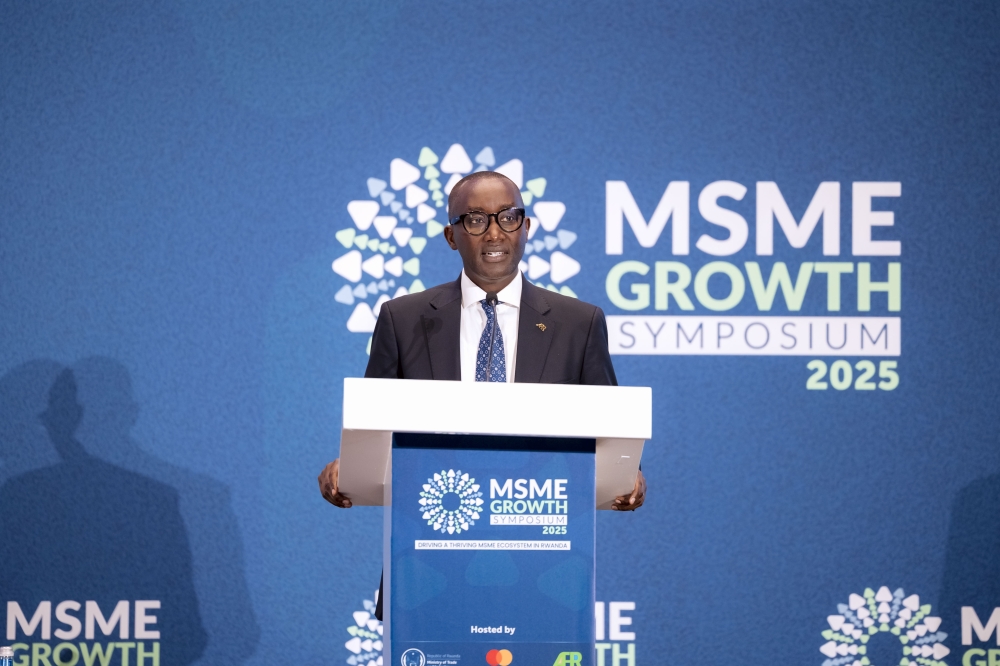
Jean-Bosco Iyacu, Access to Finance Rwanda CEO, addresses delegates at the meeting in Kigali.
He cited the National Institute of Statistics of Rwanda’s (NISR) research that indicated 99.8 per cent of businesses in Rwanda fall into the MSMEs category, describing it as “the backbone of the country’s economy.”
ALSO READ: Access to Finance Rwanda CEO on enhancing financial inclusion with data analytics
Iyacu underscored that MSMEs are key drivers of innovation, job creation, and key enablers of inclusive growth, as well as contributing significantly to improving economic resilience and poverty reduction.
However, Iyacu pointed out that regardless of their immense potential, MSMEs continue to face challenges that hinder their growth and scaling capabilities. He highlighted access to capital and business growth support, emphasising the symposium’s role in addressing these challenges by bringing industry players together to discuss practical actions and customised solutions.
“Together with our partners, we believe that empowering MSMEs is not just an economic imperative. It is a central pillar of Rwanda’s development agenda and a driver of social transformation,” he said.
In its National Strategy for Transformation Two (NST2), the Government of Rwanda aims to create 250,000 jobs annually and at least 1.25 million decent (productive) jobs for Rwandans by 2029. According to the released report, MSMEs employ over 712,000 people, with more than 213,000 of them being women. Hence, once supported, MSMEs can play a significant role in achieving the government’s job creation target.
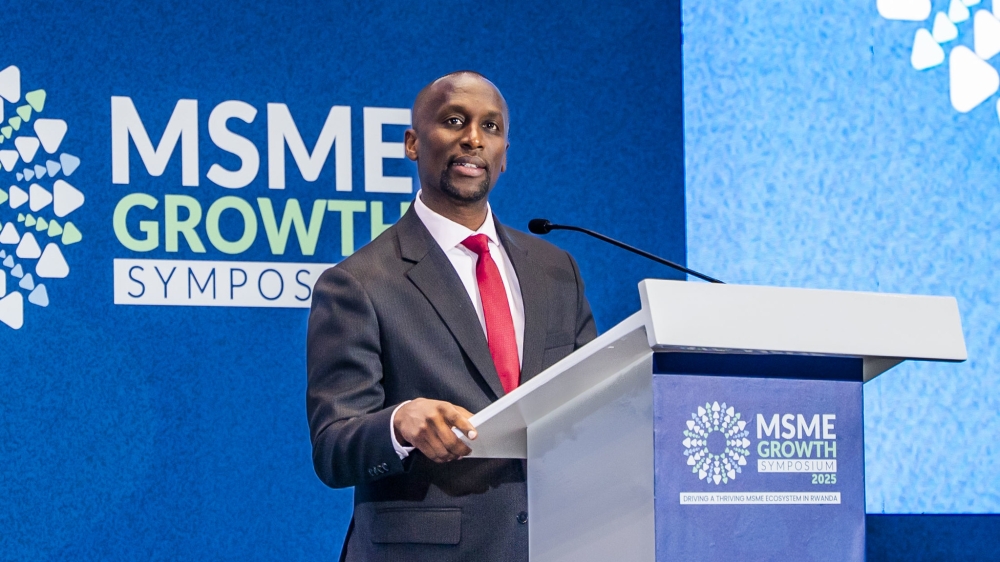
Ivan Ntwali, Country Director for Mastercard Foundation Rwanda speaks at the symposium
Ivan Ntwali, Country Director of Mastercard Foundation Rwanda, emphasised the role of MSMEs in achieving that goal by bridging financial gaps, management, and developing policies based on research evidence.
Ntwali emphasised leveraging technology in transactions, data gathering, and increasing women-led initiatives are key to ensuring success for MSMEs.
“Success for this MSME Growth Symposium will be delivered when a young woman finds the right product, in clear language, submits a short digital application, receives a timely decision, and depends on repayment schedules according to the reality of her business,” Ntwali said.
He stressed that the government and private sector all have a role in enabling innovation and sharing risks, saying, “these efforts will unlock finance that truly serves young people, especially women-led enterprises.”
The financing gap is still the biggest barrier
Speaking at the event, Alexis Kabayiza, Chief Technical Advisor for MINICOM, emphasised that unlocking capital for MSMEs is not just a financing issue, but the government’s priority.
“When MSMEs have access to finance, our economies become strong, more resilient, and better able to withstand shocks,” he said.
“But success will come through collective efforts. No single actor can be able to unlock the potential of SMEs. It requires both of us, starting from the government, private sector, investors, development partners, financial institutions, but more importantly, the efforts of our entrepreneurs.”
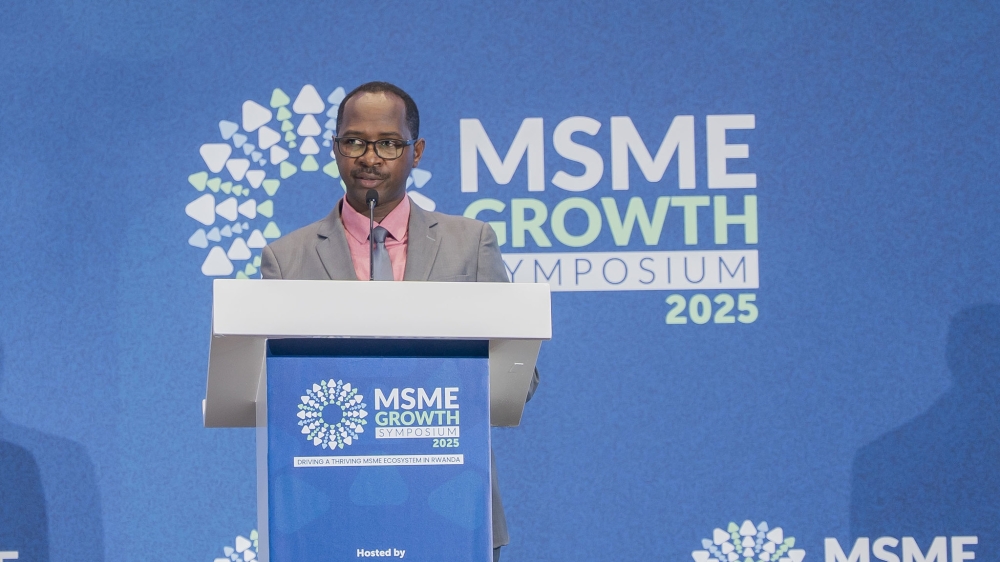
Alexis Kabayiza, Chief Technical Advisor for MINICOM speaks at the meeting
The symposium also featured panel discussions on MSME financing, a presentation for the Data for Growth Report under the Finance S’Engage Initiative led by Entrepreneurial Solutions Partners (ESP), and a presentation on Central Bank Policies and Regulations affecting Agri-SMEs Financing by ACELI Africa
“These reports provide an in-depth view of both demand, supply, and the regulatory side of MSME financing. But also, they offer us the data we need to design targets,” Iyacu explained.
A call for customised solutions
Reflecting on bridging the gaps between access to finance and collaboration between financial institutions and MSMEs, Alice Nkulikiyinka, the Country Director for BPN Rwanda, noted that financial institutions should be able to look at MSMEs individually, avoiding a one-size-fits-all evaluation model, as all MSMEs have different potentials and operation models.
“We need to take time to understand different industries. What people in the creative industry need is not what agriculture needs. There is work that can be done. It may sound like a big investment or a lot of work, but the return on investment is huge, and that is what we need to be focusing on,” Nkulikiyinka said.
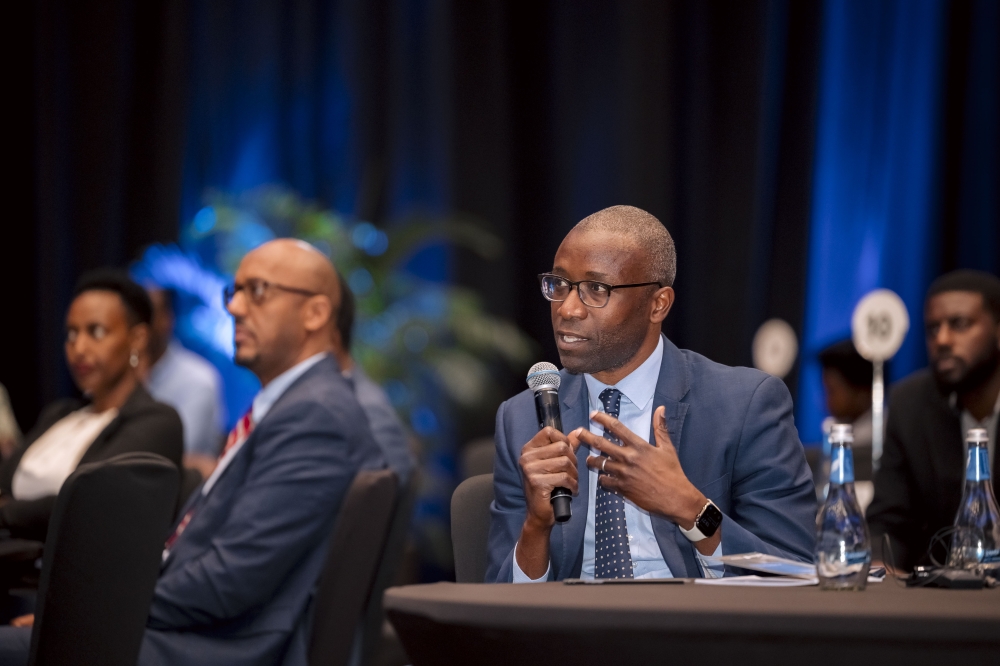
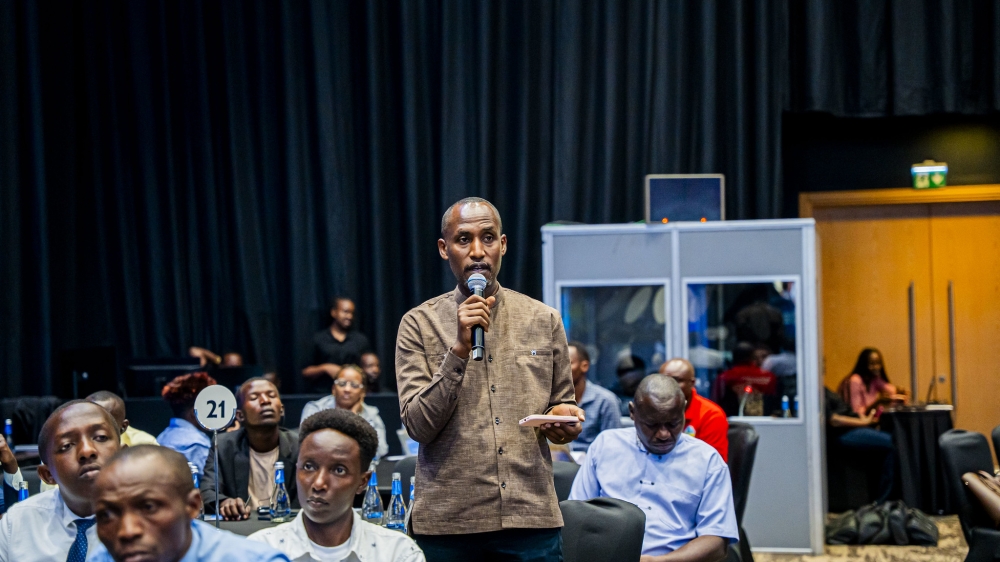
The landmark gathering aimed to address challenges facing Rwanda’s MSMEs, while unlocking pathways for growth and resilience.
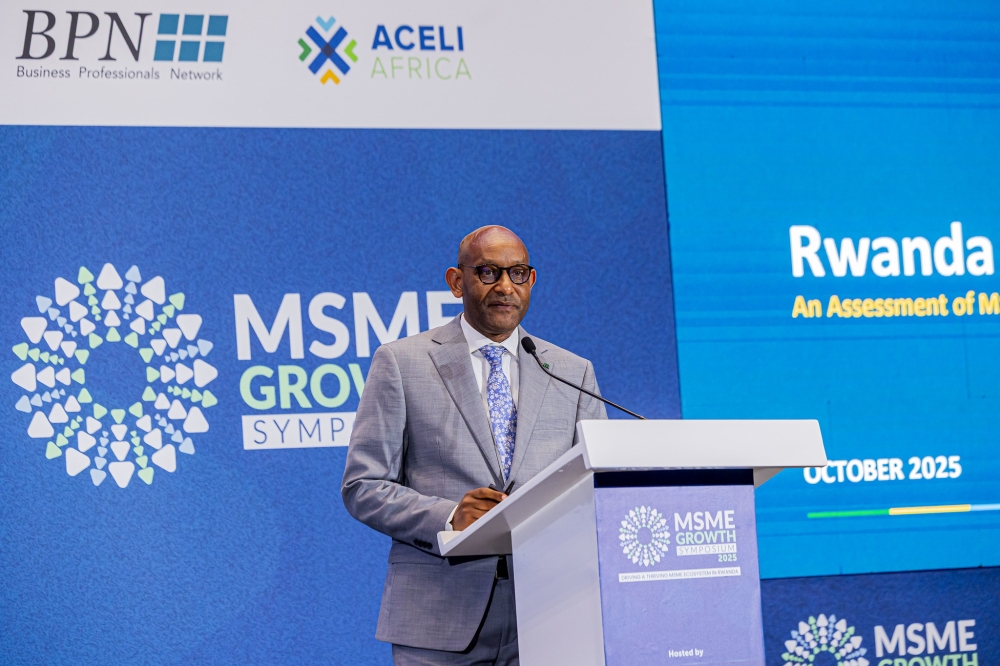
The symposium also featured panel discussions on MSME financing, a presentation for the Data for Growth Report under the Finance S’Engage Initiative.
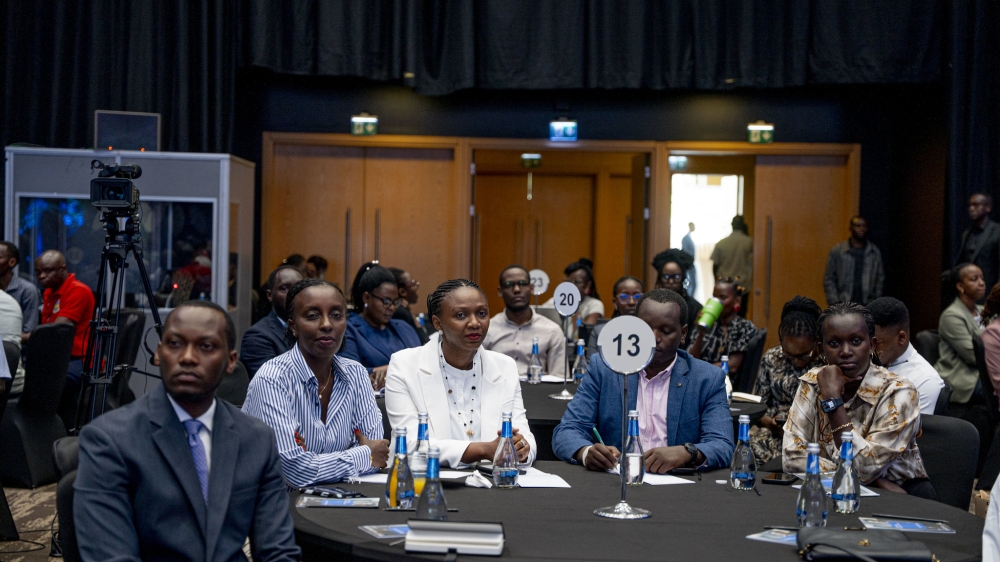
The symposium brought together policymakers, researchers, private sector leaders, development partners, financial institutions, students, and entrepreneurs. Kellya Keza
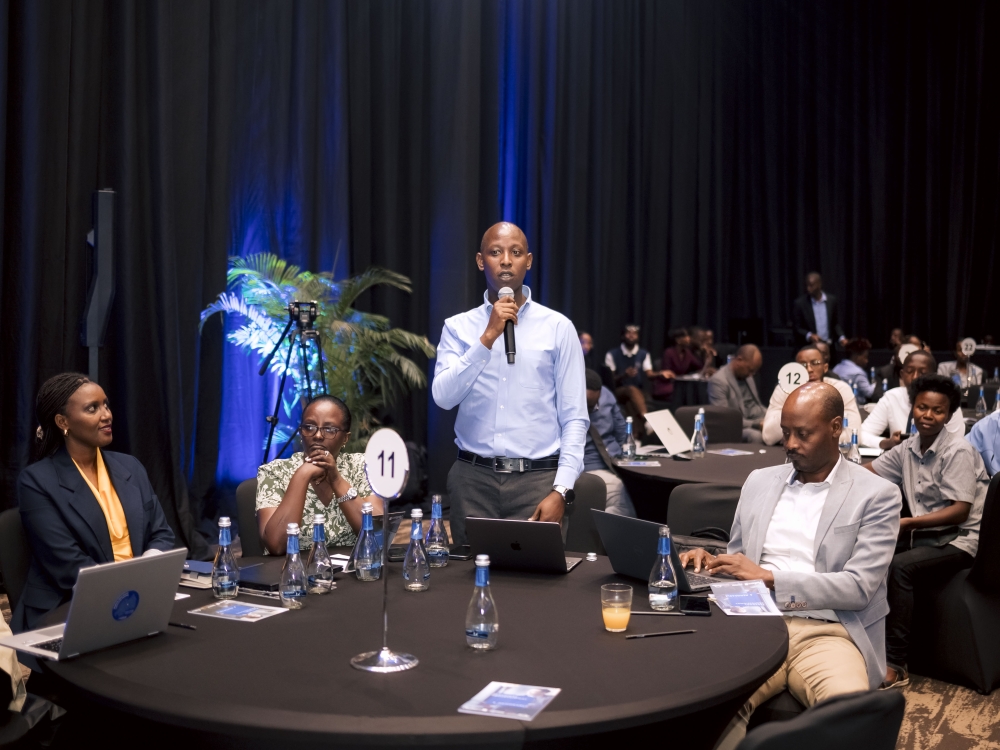
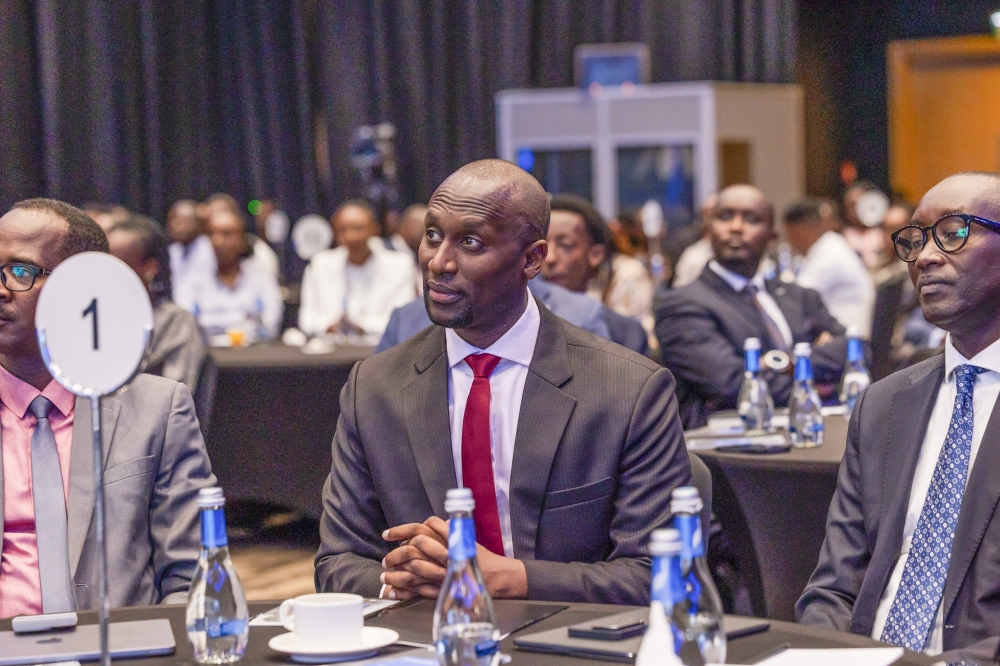
The Symposium was held under the theme “Driving a thriving entrepreneurship ecosystem in Rwanda,” at the Kigali Convention Centre.
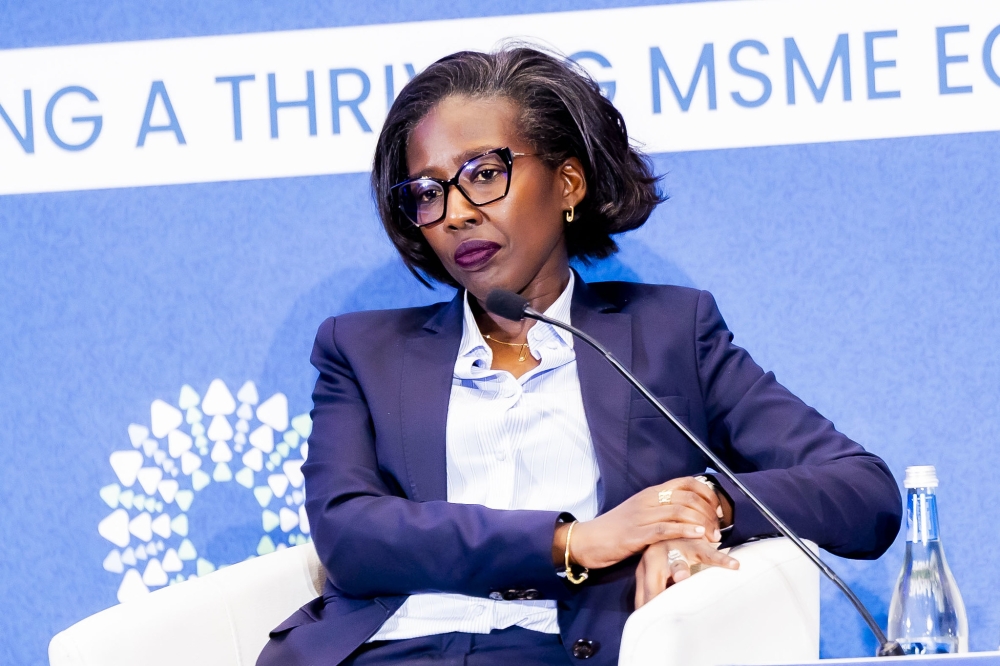
ECOBANK CEO Carine Umutoni speaks during a pannel discussion
